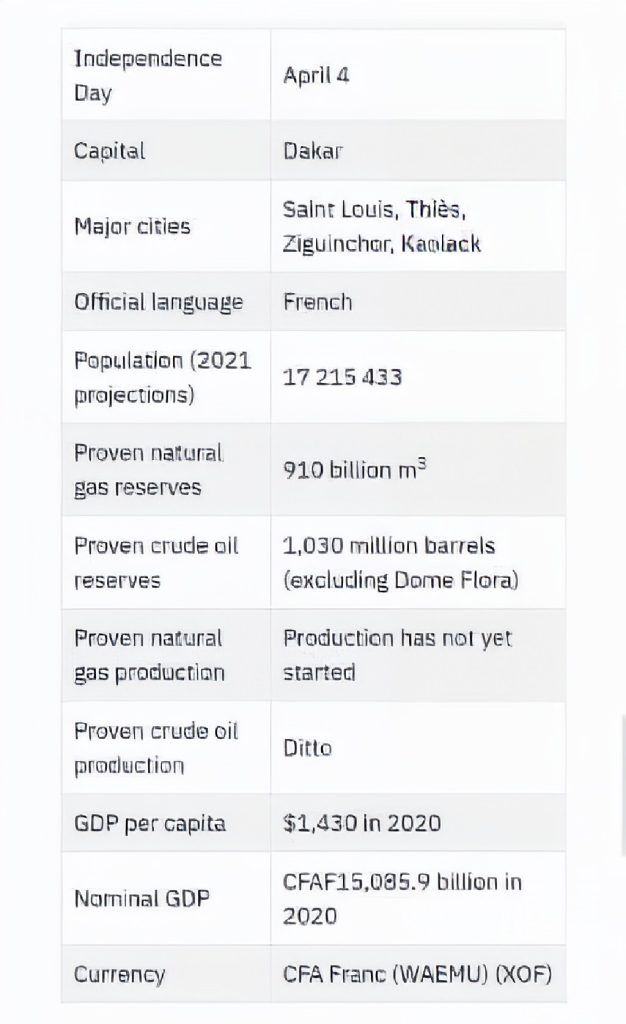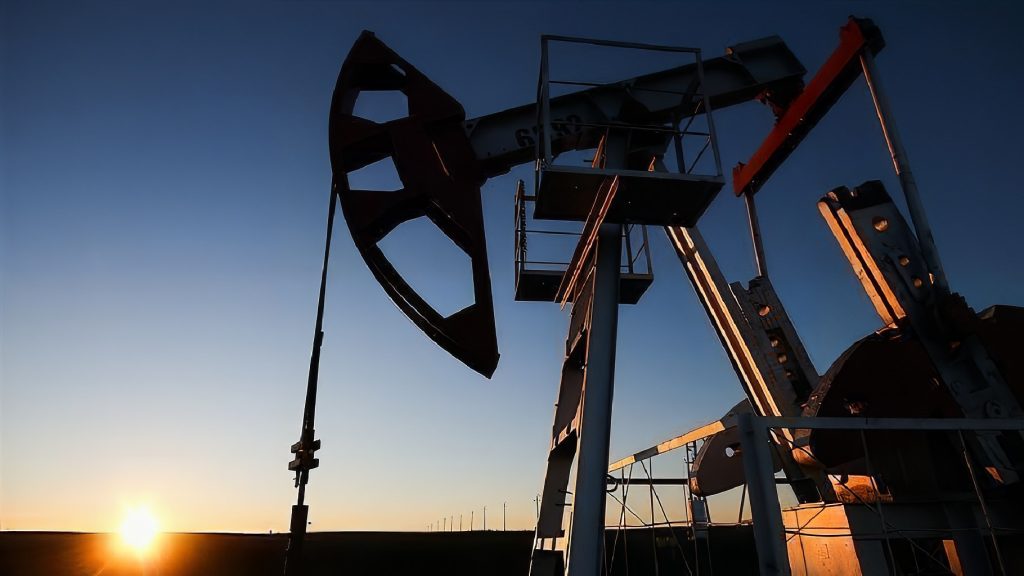In 2021, The Senegalese government reached out to Nigeria to support its development of oil and gas industry.
They also showed interest to join African Petroleum Producers’ Organization, APPO to help the development of the sector in Senegal.

Last week, Woodside Energy, an Australian group, announced that production has commenced at Senegal’s inaugural offshore oil project, aligning with the new government’s aim to increase profits from natural resources.
The vessel extracting the oil is moored about 100 kilometers (60 miles) offshore at the Sangomar oil fields. The project aims to produce 100,000 barrels of oil per day, the statement said.

At a rally in Dakar on Sunday, Prime Minister Ousmane Sonko reaffirmed his administration’s commitment to reviewing the contracts and promised that the country’s share will be guaranteed.
“We will face multinationals,” he said.
Woodside Energy has an 82% stake in the project and the state-owned energy company Petrosen holds the remainder. While Senegal’s fossil fuel output is not expected to be as great as that of bigger producers such as Nigeria, Petrosen is expecting the sector to generate more than $1 billion per year over the next three decades.
The first cargo of crude oil left Nigeria in 1958, this means Nigeria has been in oil production for over sixty years. Senegal is one of Nigeria’s crude oil trade partners and has relied on imports from Nigeria to meet its energy needs.
According to the United Nations COMTRADE database on international trade, “In 2023, Nigeria’s exports to Senegal were valued at US$904.93 million, with mineral fuels, oils, and distillation products accounting for $846.50 million of that total”.
What does this then mean for Nigeria now that Senegal now produces its own oil?
As expected Senegal will now get most of its supplies domestically, drastically reducing its need for Nigeria’s oil.
The reduced demand from Senegal is anticipated to increase pressure on Nigeria to seek other markets for its crude oil, amid an already fiercely competitive global oil market.
Nigeria’s position as a major oil exporter is facing new challenges as the United States suppliers have muscled their way into the oil market once dominated by Nigeria and other Organisation of the Petroleum Exporting Countries (OPEC).
Since the imposition of Western sanctions on Russia in 2022, US oil exports have surged, setting five new monthly records, according to data from the US Energy Information Administration (EIA).
The sanctions, coupled with trade restrictions on Venezuela, have significantly altered global oil trade dynamics, enabling US suppliers to capture markets traditionally dominated by OPEC and its allies, analysts at EIA said.
Is Nigeria prepared for a life beyond crude oil? As all efforts to boost oil production has not yielded the much needed fruits.
The government has had to borrow significantly to address budget deficits, largely because of lower-than-anticipated oil revenues.
Beyond oil production Senegal also has a liquified natural gas project at the border with Mauritania and extraction is scheduled to begin at the end of this year.
